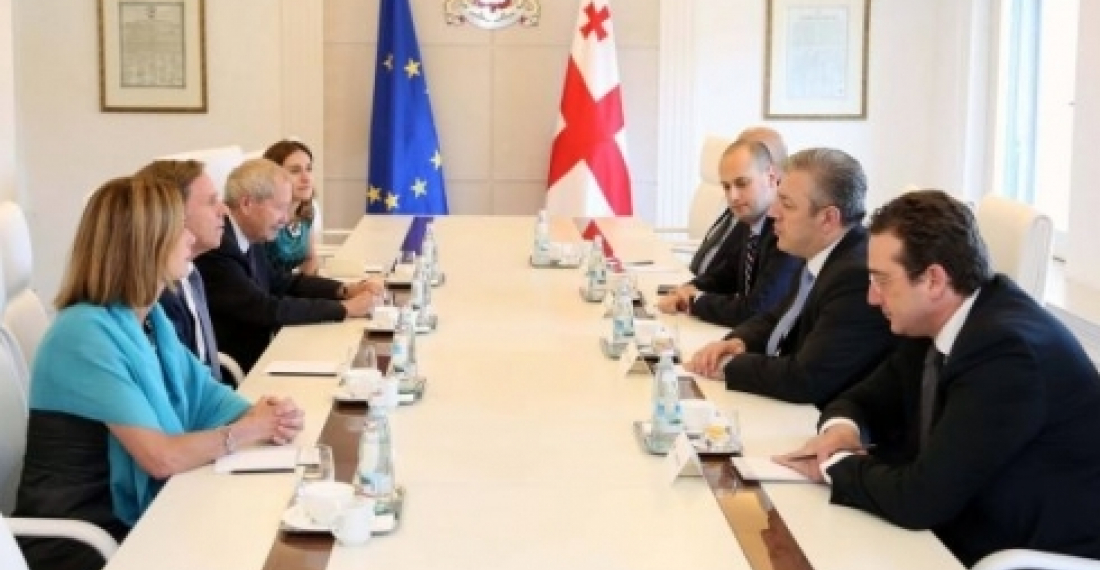There are over 3.4 million voters registered for Georgia’s upcoming legislative elections, authorities said on Monday, while the prime minister is calling for more international observers to monitor the October polls.
Data released by the Central Election Commission (CEC) also includes the number of voters in each of Georgia’s 73 electoral districts. Under redistricting, there will now be a difference of just 13,000 between the largest and smallest districts, whereas under the previous system the largest district had 150,000 voters, and the smallest just 6,000.
Lawmakers from the opposition United National Movement have mounted a legal challenge to the redistricting, claiming the new boundaries were redrawn to the detriment of opposition parties, according to Agenda.ge.
Meanwhile in Tbilisi, Prime Minister Giorgi Kvirikashvili appealed to international organisations to send more people to observe the elections on October 8. In a meeting with the National Democratic Institute, a US-based think tank, he said Georgia was ready to provide a "democratic, free and transparent environment for the Parliamentary Elections,” but needed help.
The electoral commission will release updated figures on the number of voters on October 3, five days before Georgians go to polls.
SOURCE: commonspace.eu and agencies
PHOTO: Giorgi Kvirikashvili and representatives from the National Democratic Institute. Source: government.ge






